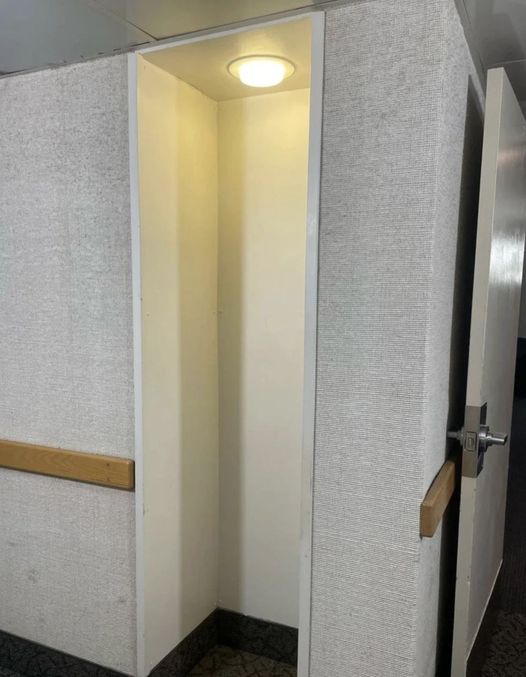Welcome to Parenting 101, where you’re guaranteed to mess up—but hey, at least you’re trying, right?
Meet Laura Muse, a North Carolina mother who has taken the art of parenting teens to a whole new level. Her secret weapon? Inspecting her teenagers’ cell phones. At 11:30 pm, sharp, Laura tops off her goodnight kisses with a side of confiscation. Yep, that’s right; she takes her son Cohen’s phone away for the night.

As a mental health clinician and the bill-payer for these digital devices, Laura feels completely justified. “I own the phones, I pay for the phones. I can go through them whenever I want,” she told the New York Post. Her stance has, unsurprisingly, raised some eyebrows. But Laura? She’s unphased.
Her nightly raids aren’t the only measures she takes to safeguard her teens’ digital lives. Under the hashtag #RaisingTeens, parents across social media share their own monitoring methods—from GPS tracking to scouring text messages and social media posts. A survey by Malwarebytes revealed that 54% of parents have adopted multiple strategies to supervise their teens’ online activities.
These vigilant practices began when her kids were first handed their phones at the tender age of 11. Initially, random weekly inspections were the name of the game. Now with teenagers in the house, these checks are sporadic yet effective.

Have her interventions ever raised red flags? Absolutely. Laura recounts instances where her son posted inappropriate content online. These moments have morphed into teachable sessions, addressing the issue directly with her kids and setting boundaries around technology use. Muse believes open communication and clear boundaries are key.
It’s a method that’s sparked considerable buzz on TikTok, with parents posting videos explaining why they invade their child’s private digital spaces. While some viewers are onboard, others aren’t so thrilled. “This is not okay,” quipped one user. Another added, “You don’t have to go through her phone.” And let’s not forget, “I hate parents who can’t respect boundaries.”
But for Laura’s family, this approach has fostered appreciation rather than resentment. Her children have come to see her actions not as breaches of privacy but as protective, nurturing gestures. So, here’s the million-dollar question: What do you think? Would you follow in Laura’s footsteps or take a different route? Share your thoughts!





